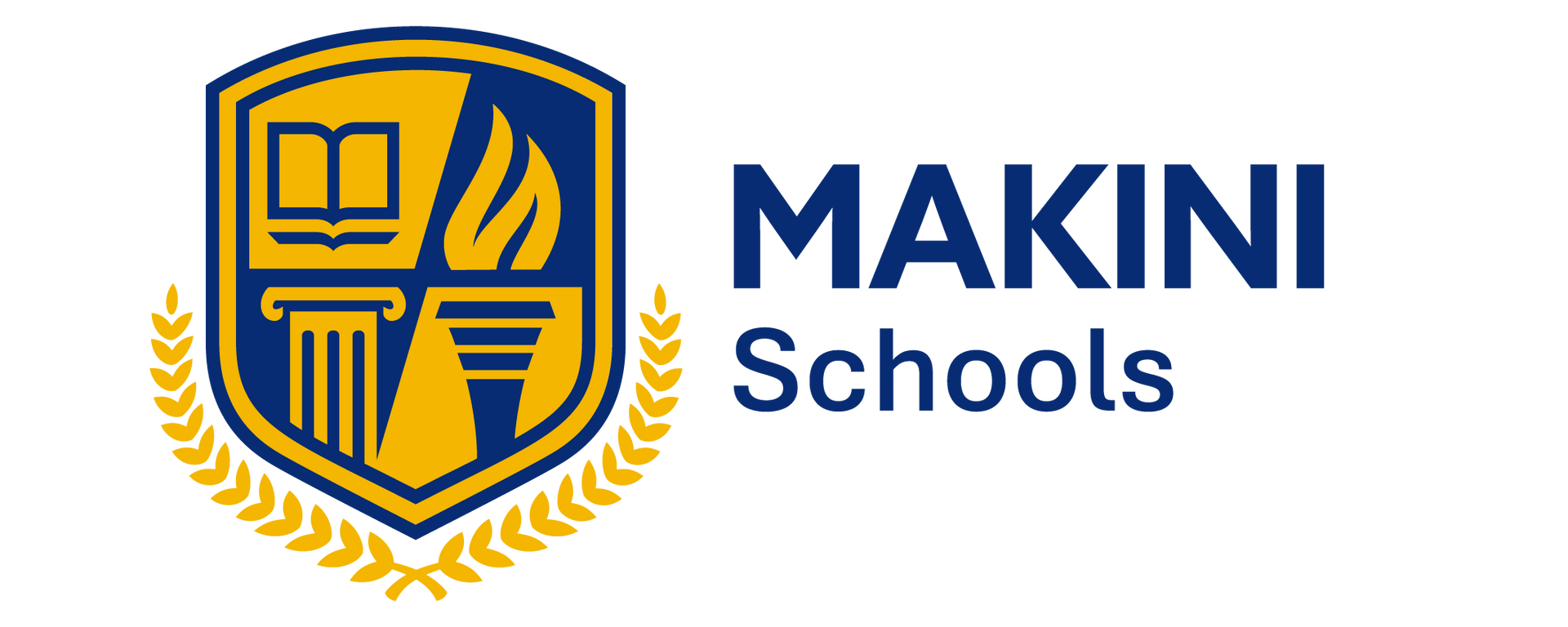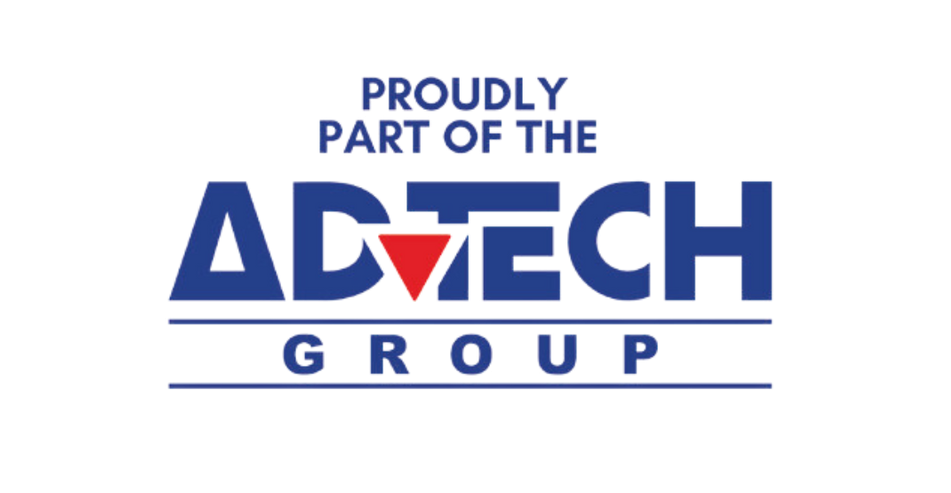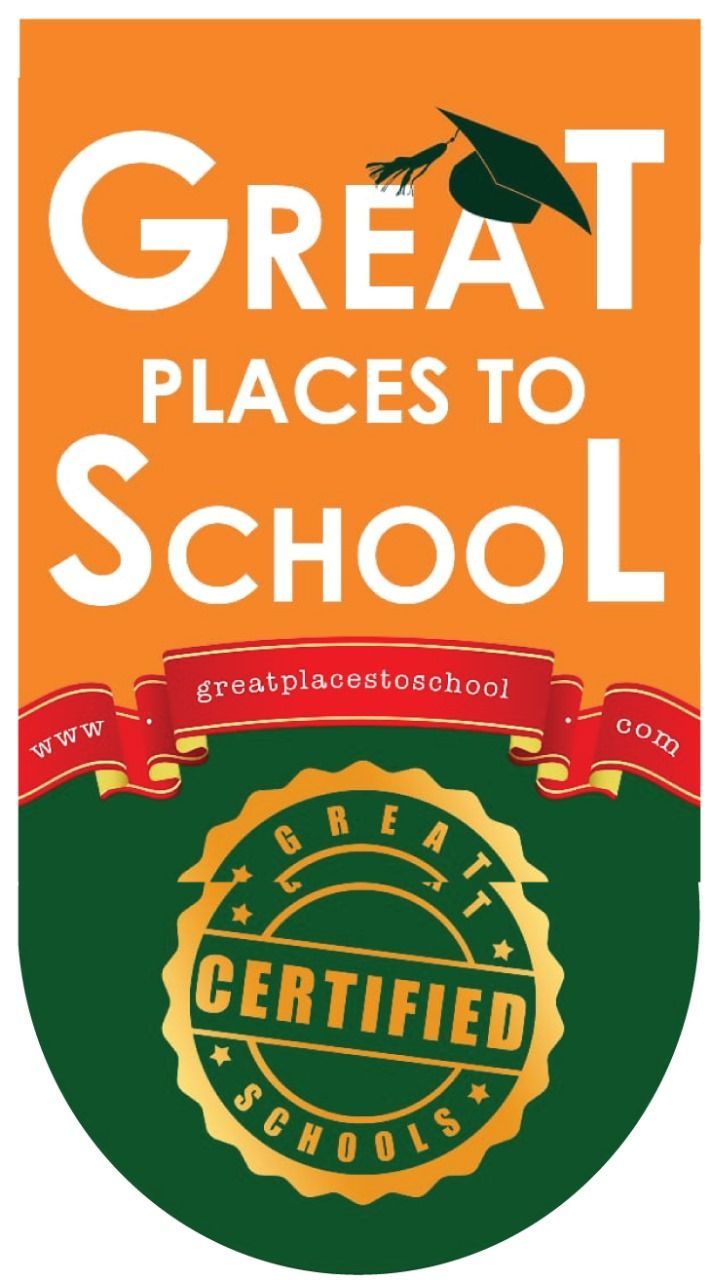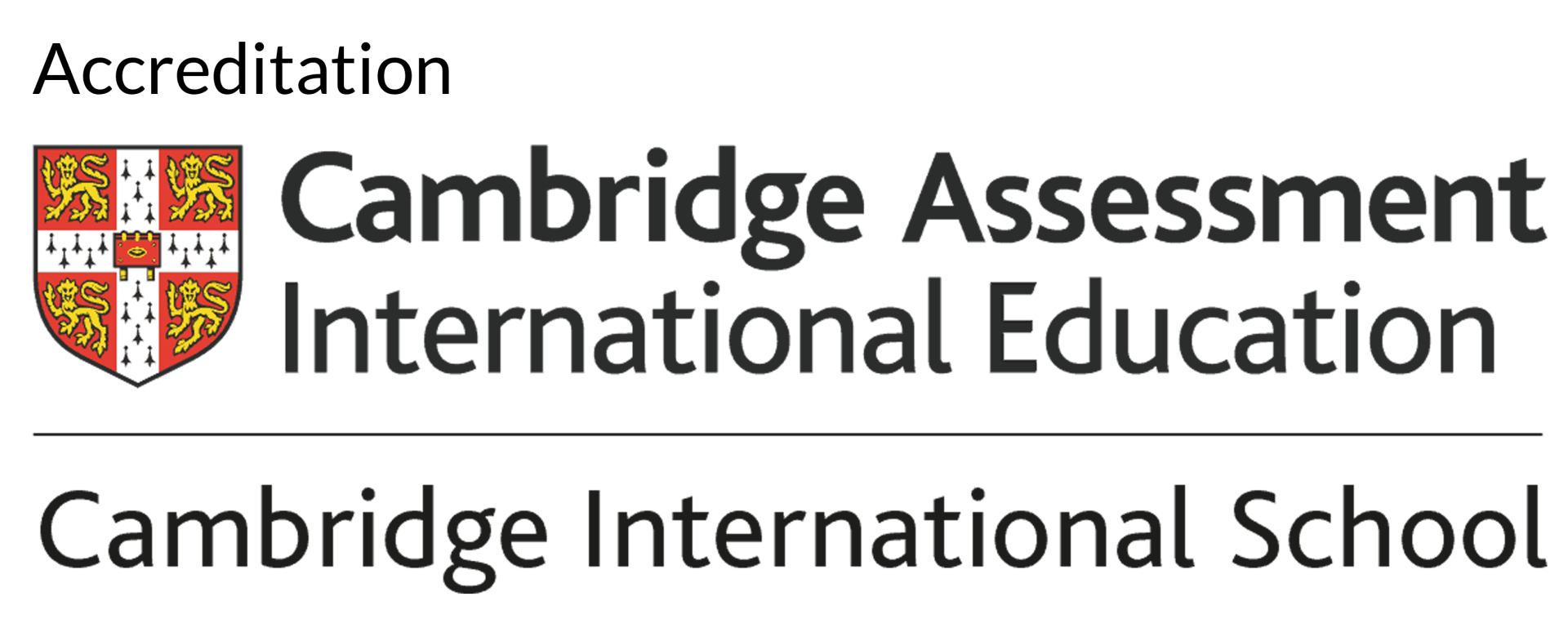A Guide To Different Learning Styles
People process information in very unique ways. When these different learning styles are understood, it can change the way you learn - from unlocking better academic performance to building stronger memory retention and enhancing personal development. By creating personalised study habits and approaches to teaching, a person's learning preferences can be matched. This helps make education more interesting, effective and engaging.
What Are Learning Styles?
Learning styles are the different ways people prefer to receive, process and retain information. In educational psychology, recognising and understanding these preferences helps educators teach their learners in a more personalised manner. This aims to support their success in the classroom and beyond.
The VARK model is one of the most well-known frameworks. It was introduced in the late 1980s by Neil Fleming. VARK categorises learners into four unique types: Visual, Auditory, Reading/Writing and Kinesthetic. Even though learning styles aren't the only factor in academic achievement, understanding them can significantly enhance how we teach and learn.
The VARK Learning Styles Explained
Visual Learners
A visual learner absorbs information through pictures, diagrams, charts and spatial understanding. These learners are often drawn to colours, mind maps and visual metaphors.
Study strategies include:
- Using diagrams, charts and concept maps
- Highlighting key points by colour-coding them
- Watching educational videos
Auditory Learners
An auditory learner thrives when listening to lessons. These learners process spoken information better than they do written. Lectures and discussions are very effective for these types of learners.
Study strategies include:
- Listening to podcasts or audio recordings
- Studying with a peer and discussing the various topics
- Reading material out loud
Reading/Writing Learners
Learners with a reading/writing preference excel with text-based materials. They enjoy lists, essays and reading instructional material.
Study strategies include:
- Taking detailed notes and rewriting them to retain the information
- Reading textbooks and any other relevant articles
- Creating flashcards and writing up summaries
Kinesthetic Learners
Learners who prefer kinesthetic learning understand information best through physical movement and getting a hands-on experience. They prefer the real-life application of concepts, rather than just reading or hearing about them.
Study strategies include:
- Role-playing, experiments or models
- Incorporating movement into study time, like walking while reviewing their notes
- Engaging with physical objects or building prototypes
How to Identify Your Learning Style
Recognising your unique learning style starts with self-assessment and observation. Ask yourself how you best remember new information. Is this by seeing, hearing writing, or doing?
Other ways to discover your style:
- Reflect on past learning successes and challenges
- Ask your teachers or peers to talk about your strengths
- Take a free online VARK-based quiz
Teaching Strategies for Each Learning Style
Understanding learning preferences can vastly change teaching and parenting. Here are some strategies to try.
- Visual learners: Use graphic organisers and multimedia presentations
- Auditory learners: Encourage oral presentations and group discussions
- Reading/writing learners: Provide written instructions and essay assignments
- Kinesthetic learners: Design lab work, crafts and lessons where movement is encouraged
Debates and Limitations of Learning Styles Theory
Even though the concept of different learning styles is a popular one, it has also faced some criticism over the years. There has been some research in educational psychology that suggests there is limited evidence that matching teaching to a learner’s style improves outcomes. However, when all of the styles are combined using adaptive and multimodal learning, this tends to be most effective for learners.
Practical Tips to Enhance Learning Regardless of Style
Regardless of your preferred style, here are some universal study strategies to try:
- Mix methods: blend visuals, text, audio and hands-on tasks to keep learning interesting and engaging
- Stay curious: experiment with new approaches to find out what works best for you
- Be flexible: adapt to different subjects and learning environments to broaden your mind
When the VARK model is explored and the different learning styles are recognised, you can gain valuable insight into how you learn and retain information. Whether you’re a visual learner, an auditory learner, prefer kinesthetic learning or are happy with reading/writing, understanding and applying your learning preferences can lead to smarter study habits and improved academic success.













